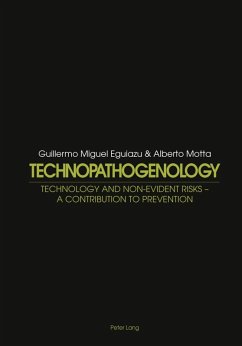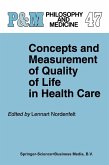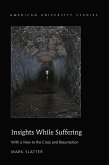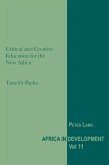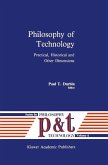This book deals with the prevention of potential non-evident risks on human health associated with technology which encloses the general knowledge of developing processes used to achieve either goods or services. The voids in technological knowledge used in the development of new technologies are responsible for hidden defects in the same. The authors suggest that hidden defects in technologies are accountable for hazards in generations of environmental factors that they call technopathogens. These factors can cause adverse effects to human health which are expressed not immediately but over years or even generations. This phenomenon is defined as technopathogeny. Since technopathogeny cannot be framed within existing disciplines related to the phenomenon such as risk assessment, risk management, technology assessment, technological genesis, environmental impact assessment, life cycle assessment or ecology, the authors coin a new term for this specific discipline called Technopathogenology.
Dieser Download kann aus rechtlichen Gründen nur mit Rechnungsadresse in A, B, BG, CY, CZ, D, DK, EW, E, FIN, F, GR, HR, H, IRL, I, LT, L, LR, M, NL, PL, P, R, S, SLO, SK ausgeliefert werden.

